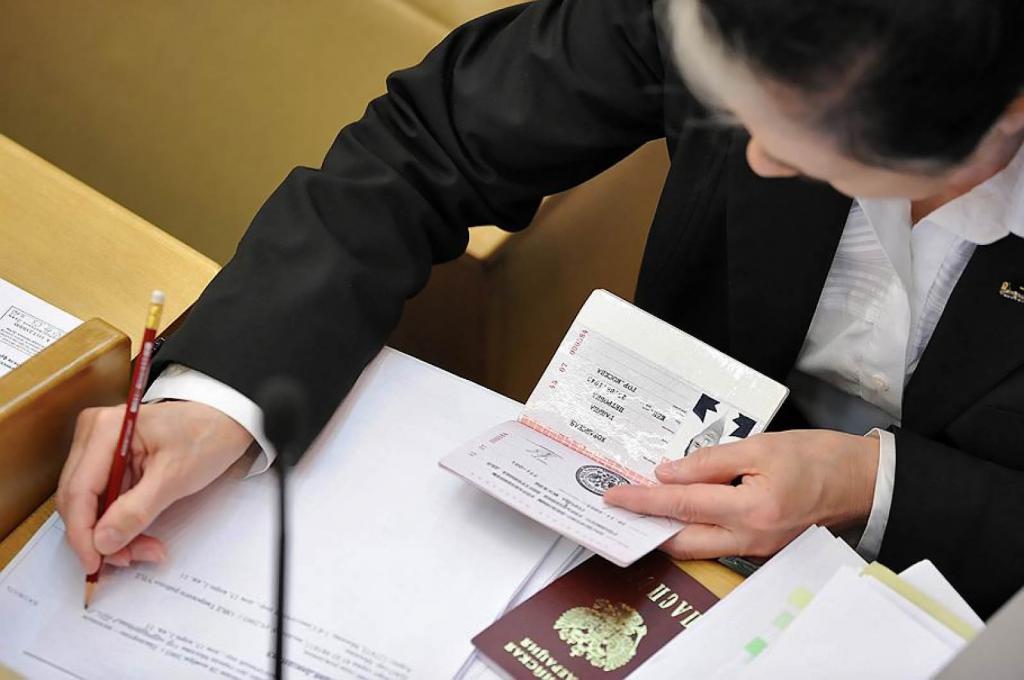Every resident of Russia must be registered with the Main Department of Internal Affairs of the Ministry of Internal Affairs. This applies to foreigners or Russian citizens. Therefore, each person should have either a temporary or permanent residence permit. Often, people do not have property in which they could register. Therefore, they use fictitious registration, offered by some individuals for a certain monetary reward. Such actions are illegal, therefore, citizens for fictitious registration are held accountable.
Registration Concept
A residence permit indicates in which particular building a particular citizen constantly resides. He can act as the owner of the housing, the tenant on the basis of a lease or social rent, and is also allowed to use the premises on other legal grounds.
It is allowed to register in different residential premises, which include:
- apartments;
- separate rooms;
- private houses;
- office space;
- rooms in nursing homes or other similar facilities.
Permanent registration does not have time limits, and is also issued literally within one day. It is upon its existence that Russian citizens can use various state services. It is allowed to additionally issue a temporary registration, but information on a permanent residence permit is not deleted from the passport.
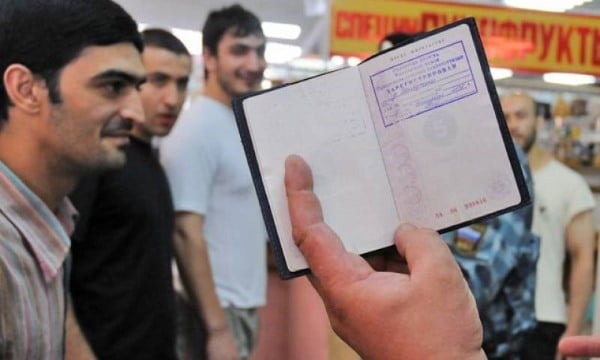
What is a fictitious residence registration?
It is represented by a process in which a person is registered for a fee at an address in which he does not actually live. For fictitious registration can be used in different ways:
- transfer of fake documents to the migration service;
- providing false information;
- registration in the room where the applicant does not plan to live;
- use for registration of an apartment whose owner does not know about the planned process.
All the above situations constitute a violation of the law, therefore, lead to the prosecution of violators. Fictitious registration is considered under the article of the Criminal Code of the Russian Federation, therefore such actions can lead not only to large fines, but even to imprisonment.
How is the authenticity of registration registered?
Each person planning a fictitious registration should understand whether it is possible to determine the legality of registration on the basis of the stamp in the passport. In fact, government employees can easily verify this information. Therefore, the following nuances are taken into account:
- it is advisable not to go to different commercial offices that offer registration for a certain fee, since it is likely that they are fraudulent;
- registration may be executed not only by the owner of any real estate, but also by the employer;
- if a person decides to live in a hotel, it is this institution that puts its guests on the register, so even a long stay in this institution is not a violation of the law;
- for registration in any real estate, the applicant must have a passport and the participation of the owner of the selected object;
- to obtain information on whether a particular residence permit is legal, it is necessary to contact the migration office in person, since such information is not provided by telephone;
- in addition, you can get an extract from the house book to find out who is registered at a particular address.
Identify fictitious registration can employees of the migration service after conducting an appropriate check. To do this, they visit a specific property, where usually a lot of citizens are registered. This situation is suspicious, therefore, after the raids, significant violations are revealed.

Who disputes the registration?
The registration of a foreigner or even a Russian citizen at any address may be considered illegal for various reasons. This requires a court decision. The initiator is usually the migration service.
The contest begins after an audit, on the basis of which it turns out that in one apartment there are many people registered who do not have any kindred ties, and who do not actually live in the facility.
What threatens fictitious registration at the place of residence?
If the court satisfies the claims, then this leads to numerous negative consequences. These include:
- registration is canceled, so the citizen again remains without an official registration;
- based on Art. 322.2 fictitious registration is punishable by levying a large fine, the amount of which varies from 100 to 500 thousand rubles, and it can also be replaced by a salary for three years of work of a citizen;
- often forced labor for up to three years;
- the offender cannot engage in entrepreneurial activity or occupy leadership positions in various organizations for three years;
- three years of imprisonment is often imposed, but it is used for repeated violations or aggravating circumstances.
When applying to the court, the migration service must transmit evidence that the registration procedure was carried out in violation of the requirements of the law. In addition, testimonies are taken from witnesses confirming that a particular person does not live in real estate. According to 322.2 Art. Criminal Code fictitious registration is a really serious crime, so even a prison term is often assigned.

Is it possible to mitigate the punishment?
Exemption from criminal liability is granted to citizens who contributed to the disclosure of crimes.
Additionally, no punitive measures are applied for people whose acts do not contain a corpus delicti.
Is it possible to live in an apartment in which a citizen is not registered?
The law clearly states that a person moving to a new apartment must register at the place of residence within 7 days. If the registration remains at the same place, but it is planned to temporarily reside in another region, then after 90 days it is necessary to issue a temporary registration at the new address.
Many people hide that they are legally in another region. They do not register at the clinic or other organizations, and also work without official registration. But if such a citizen arouses suspicion at the district police officer or neighbors complain about him, then this may become the basis for holding him accountable. Such actions are not fictitious registrations, but they still violate the law.
Since the citizen will have no registration in the region of residence, he will not be able to use various state services, which include obtaining a passport, SNILS or TIN. It will not be possible to queue a child in kindergarten or find a new job.
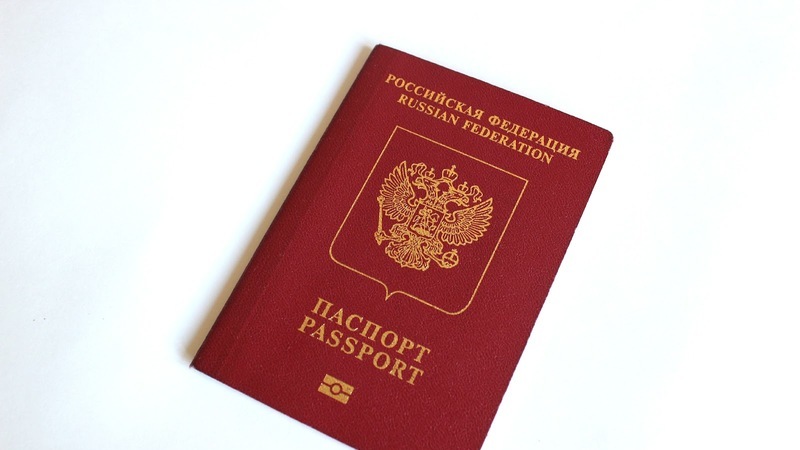
Nuances for foreigners
If a foreigner comes to Russia for temporary residence, then he must register with the migration service within 7 days. If this is not done, then he will be deported from the country, and the ban on entering Russia is often applied at all.
Fake registration of foreign citizens is a serious crime. In relation to the places of residence of foreigners, checks are often carried out by employees of the migration service.If there is evidence that the migrant does not actually live at the registration address, then such a residence permit is considered illegal.
Foreigners can register with the owners of the premises, in a hotel or sanatorium. After completing this process, they are issued a special certificate of provisional registration.
Fictitious registration of citizens of the Russian Federation, as well as foreigners, may consist in providing false data or using a room in which a migrant or a citizen of Russia will not actually live.
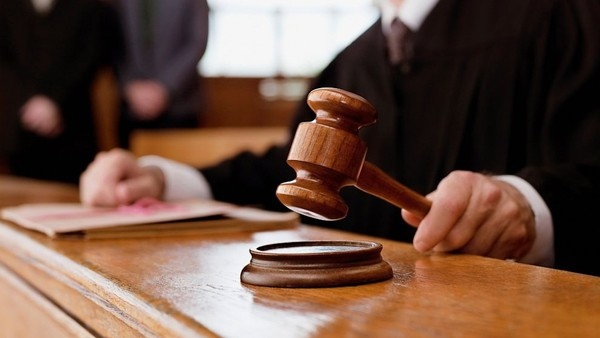
Criminal liability
If citizens of the Russian Federation offer foreigners the opportunity to obtain fictitious registration, then they are recognized by the court as criminals. Criminal liability is provided for them. According to the Criminal Code, fictitious registration can cause the use of the following types of punishments:
- a fine of up to 500 thousand rubles;
- forced labor for three years;
- imprisonment for three years.
The most serious punishment represented by imprisonment is usually used in the following situations:
- in one real estate there are many foreigners or Russian citizens who do not actually live in this property;
- the landlord is cheating on migrants;
- activity has been going on for a long time;
- a registration fee is charged to migrants and Russian citizens of a significant size.
The punishment for people contributing to the disclosure of crimes is being softened. Often, light measures of responsibility are applied to pregnant women.
For several years, a fictitious residence was represented by an administrative offense, but due to more frequent cases, it was decided to significantly tighten penalties.
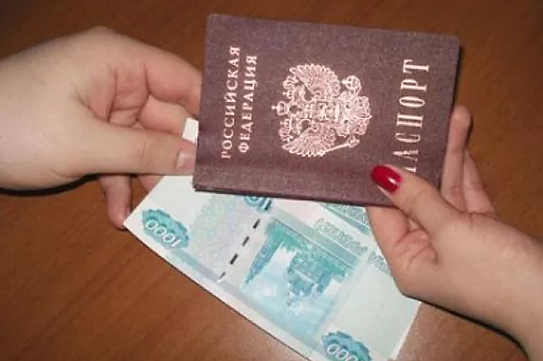
Nuances
According to fictitious registration, the practice of court hearings shows that different penalties are applied both to the owners of residential premises, and to direct foreigners or Russian citizens who use illegal registration. Often, a certain fee is paid for such a service altogether.
In this case, both participants in the process are violators of the law. They enter into a criminal conspiracy to fictitiously register a migrant or Russian citizen. Since the person did not plan to actually live in real estate, he is the subject of a crime. Therefore, he, along with the owner of the apartment, is prosecuted.
Criminal liability does not apply exclusively in a situation if a citizen planned to receive the right to reside in real estate at the same time as registration.
Is it possible to get rid of responsibility?
In some cases, participants in the process manage to free themselves from responsibility. These include the following situations:
- a person with fictitious registration lives in fact in the region where there is a residence permit;
- housing where a person lives without registration is located in a city of federal significance;
- a citizen illegally living in an apartment is the spouse or child of the owner or tenant;
- a person fictitiously registered in real estate took various measures aimed at solving a crime.
In the above situations, it is allowed to avoid liability to violators.

Conclusion
Fictitious registration is that a person who is a citizen of the Russian Federation or a migrant is registered in real estate illegally. In this case, false information or false papers are sent to the migration service. Additionally, the person does not live at the place of registration.
For such a crime, criminal liability is provided, represented not only by a large fine, but even by imprisonment or forced labor. It is allowed to avoid punishment in the presence of various extenuating circumstances. Certain liability measures are assigned only by the court.
